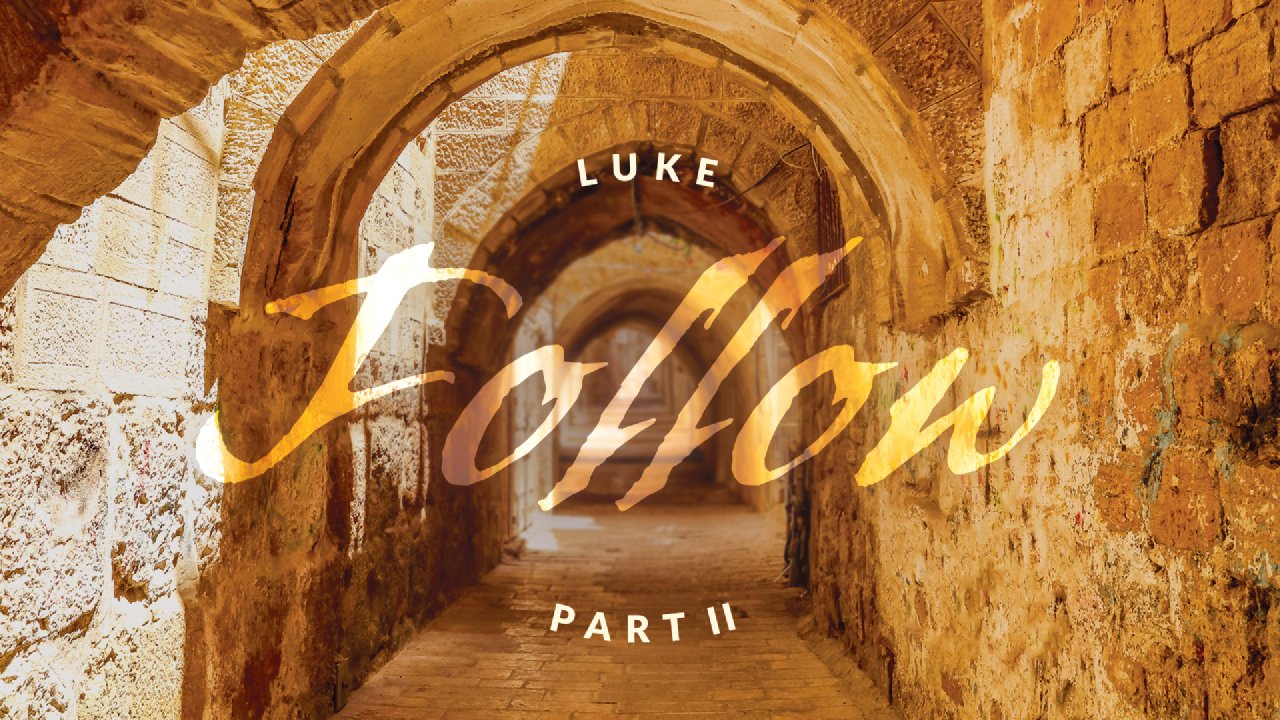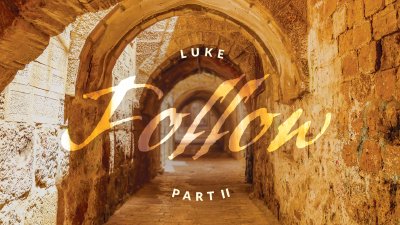Sermon: The Humble Friend
Luke 14:11 For everyone who exalts himself will be humbled, and he who humbles himself will be exalted.”
Sermon Discussion Questions
What is the fanciest meal you’ve ever been to? How did it make you feel to attend?
Read Luke 14:1-6. How would you describe the relationship between Jesus & the religious leaders in this story? Why do you think the lawyers and Pharisees failed to answer Jesus’ questions?
Read Luke 14:7-11. In this parable, what actions does the host perform? How does this parable describe the events that took place in vv1-6?
Jesus’ parable ends with a proverb in v11. This proverb is a classic example of the ‘divine passive’, a way of expressing the action of God without naming him (as a way of showing reverence). What does this punctuating statement tell us about the character of God?
Read Philippians 2:6-11. How does this ancient Christ hymn illustrate the principle of the parable in Luke 14?
Read Philippians 3:4-9. What did Paul have to abandon in order to ‘humble himself’ and receive Christ (vv5-6)? What kinds of things might we put in a similar list? What 'false confidence’ might you personally need to set aside in order to know the fullness of fellowship with Jesus?

The Humble Friend
Palm Sunday
April 5, 2020 • Robb Esperat
More from
Luke II: Follow




